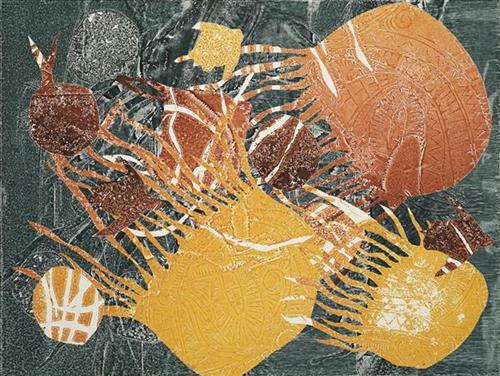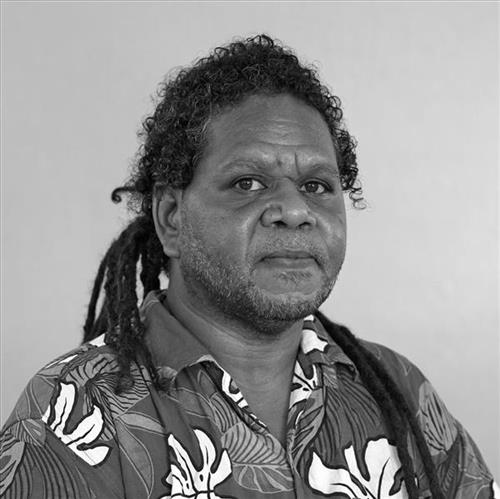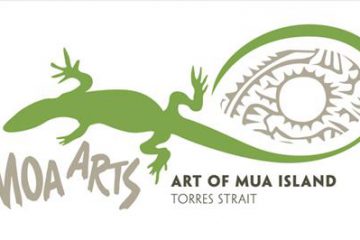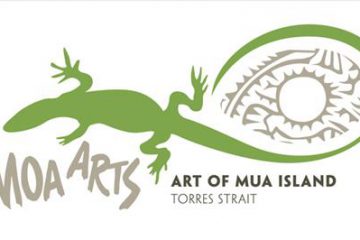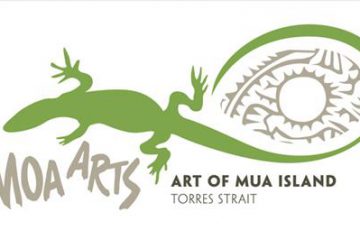359709482262759
Mindfulness (XIV)
Modern times has shown that plastic bags are detrimental to the environment and may often be mistaken for jellyfish, which are a food source for marine predators such as the Waru (Green-Sea Turtle). The Waru can be found throughout the waters of Zenadh Kes (Torres Strait Islands) and has been a part of our peoples diet for thousands of years and it is important why we should look after our environment, for the sustainability of our people and our future generations. This artwork also serves as an analogy for us to be mindful of what we consume both physically and mentally but importantly in a spiritual state if we are to live a fruitful and productive life.
Art Centre notes: The artwork is a unique state print, or monotype, printed on BFK Rives paper (100% cotton rag with strong archival properties). The print covers the paper from edge to edge. Signed by the artist on the reverse.
Artist: Solomon Booth
Printer: Dian Darmansjah
Printed at Northsite Print Studio, Cairns Oct 2023
